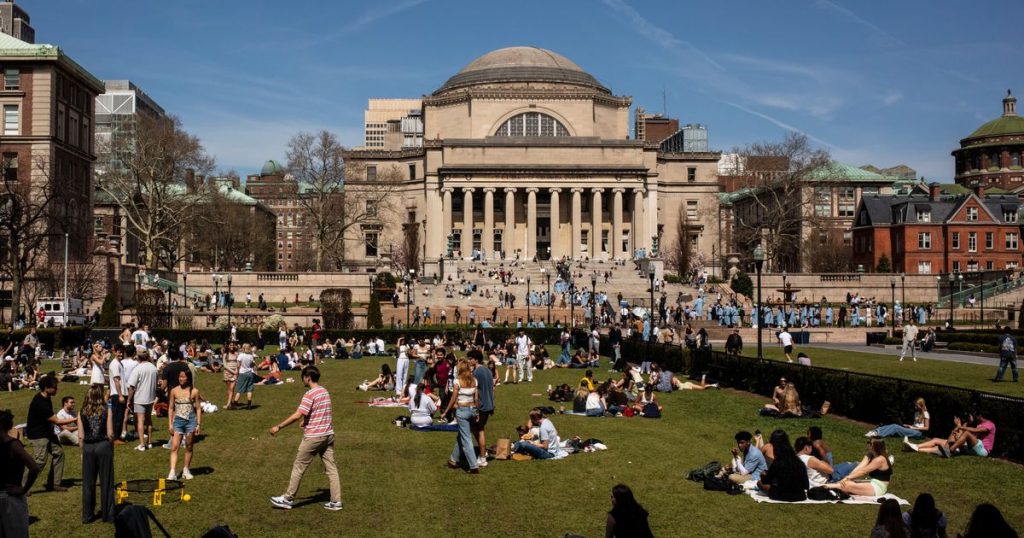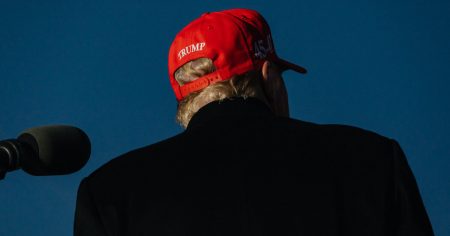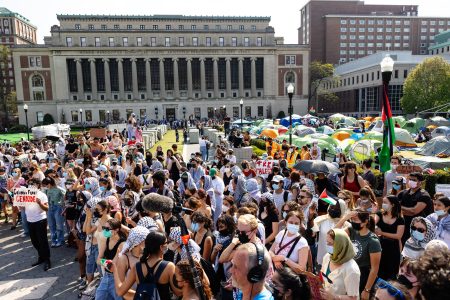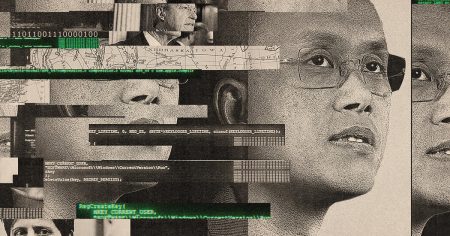Four months after a controversial congressional hearing resulted in the resignation of two Ivy League presidents, Columbia University’s president Nemat Shafik is set to appear before the same committee to address questions of antisemitism and the school’s response to conflicts surrounding the Israel-Hamas war. Shafik had initially declined to testify in December, citing scheduling conflicts, but will now have the opportunity to address the issues at hand. The previous hearing, which featured the presidents of Harvard University, the University of Pennsylvania, and MIT, sparked backlash due to their responses regarding the issue of calling for the genocide of Jews. The presidents of Penn and Harvard have since resigned.
During the December hearing, Rep. Elise Stefanik questioned the university leaders about whether calling for the genocide of Jews would violate their institutions’ code of conduct. The responses from the presidents of Penn, Harvard, and MIT were criticized for being vague and cautious. Shortly after the hearing, Penn’s president Liz Magill resigned, followed by Harvard’s president Claudine Gay in January after accusations of plagiarism. MIT president Sally Kornbluth’s response was focused on the absence of such speech on MIT’s campus and the definition of harassment in the context of targeted individuals.
Columbia University’s president Nemat Shafik is expected to testify before the congressional committee alongside board members. The university has been facing tensions and accusations of hate and bias, similar to other Ivy League institutions. In an op-ed published in the Wall Street Journal, Shafik emphasized the importance of finding a balance between protecting free speech and providing a safe environment for students on campus. She highlighted that calling for the genocide of any group, regardless of their identity, is not acceptable and is harmful beyond the boundaries of legitimate debate.
Since the Hamas attack on Israel in October, tensions have been high on university campuses, with Jewish students expressing concerns about the institutions not doing enough to address instances of antisemitism. On the other hand, students advocating for Palestinian rights have claimed that they have been disproportionately targeted and censored by campus administrations. Columbia University, like many others, is under investigation by the Department of Education for allegations of antisemitism and Islamophobia on campus. Lawsuits have been filed against the university from both pro-Palestinian and pro-Israeli groups, with claims of discrimination and violations of civil rights.
The Department of Education investigations extend to other colleges and school districts as well, highlighting the growing concerns about hate speech and discrimination on campuses. The New York Civil Liberties Union sued Columbia University over the suspension of two pro-Palestinian student organizations following protests in the fall. Jewish students have also filed lawsuits alleging that antisemitic incidents on campus violate their civil rights. The ongoing legal battles and investigations underscore the challenges facing universities in addressing complex issues of hate speech and discrimination while upholding principles of free speech and academic freedom.
The Associated Press’ education coverage receives financial support from various private foundations. The AP maintains editorial independence in its reporting and content creation, with the responsibility for all published material resting solely on the organization. The standards for working with philanthropies are disclosed by AP, listing supporters and funded coverage areas on its website. This transparency allows readers to understand the sources of financial support for the coverage and the mechanisms in place to maintain journalistic integrity.















